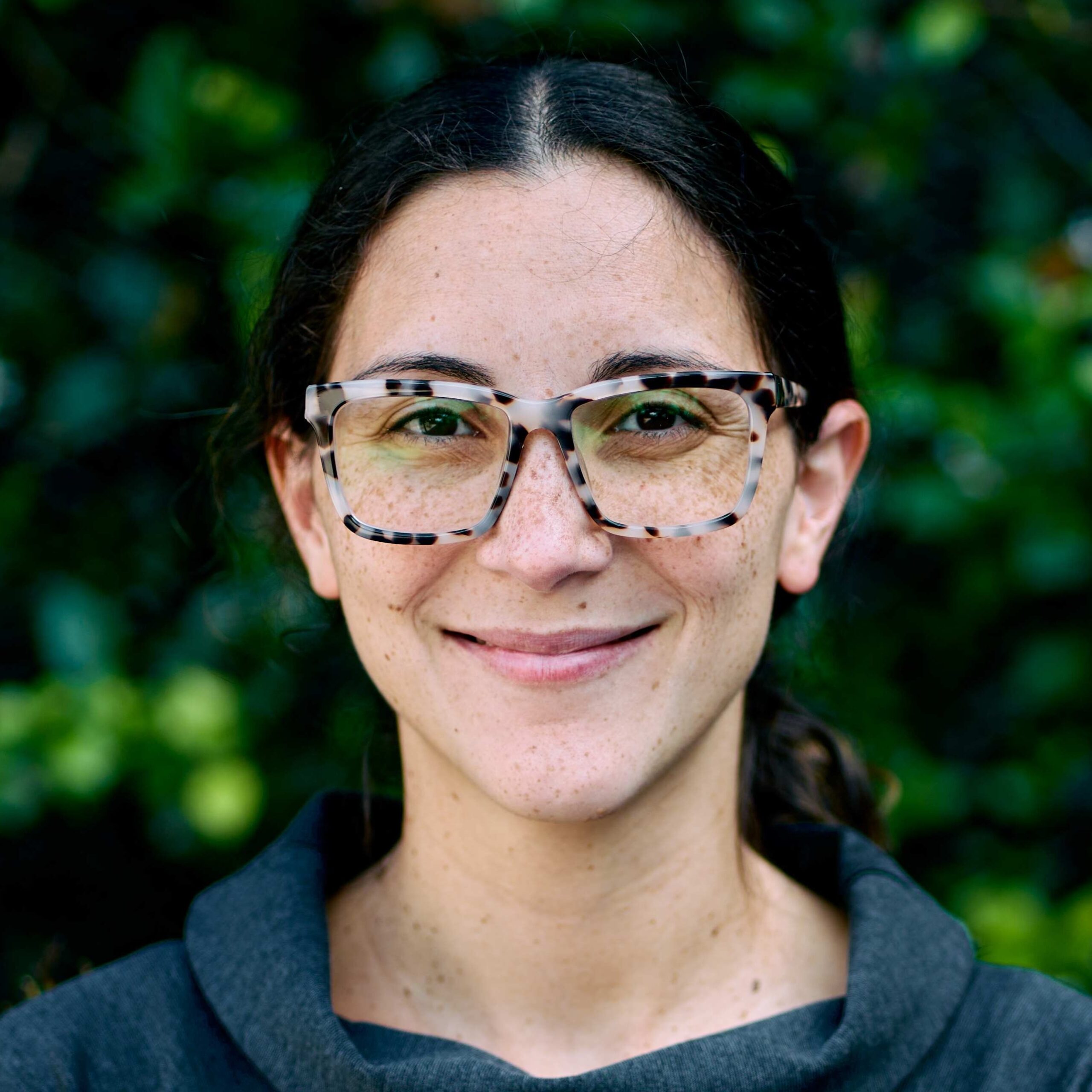Nancy Padilla-Coreano is assistant professor of neuroscience at the University of Florida in Gainesville. Her research explores how the brain enables humans and animals to navigate complex social dynamics and how this ability is disrupted in disease states. Padilla-Coreano uses behavioral assays, multisite electrophysiology and artificial intelligence to identify the neural dynamics behind social competency in mouse models.
Her lab has received funding from the National Institutes of Health’s BRAIN Initiative, the Brain & Behavior Research Foundation Young Investigator Award and the Simons Foundation Autism Research Initiative. Most recently, she was selected as a McKnight neuroscience fellow and a Klingenstein-Simons fellow. Padilla-Coreano started her laboratory at the University of Florida in January 2022. For information more about her, please visit https://www.padillacoreanolab.com/.



